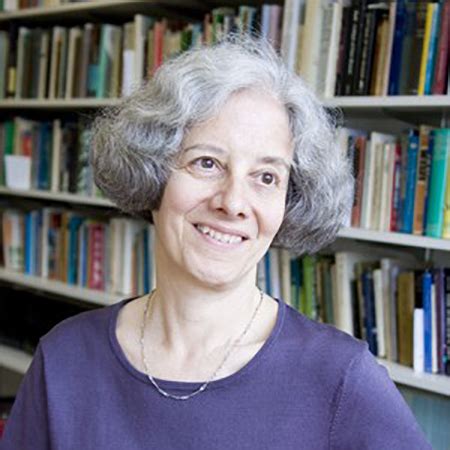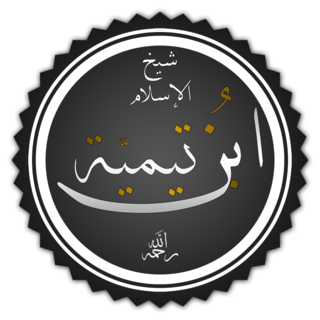A Quote by Bertrand Russell
While the dogmatist is harmful, the sceptic is useless ...; one is certain of knowing, the other of not knowing. What philosophy should dissipate is certainty, whether of knowledge or of ignorance. Knowledge is not so precise a concept as is commonly thought. Instead of saying 'I know this', we ought to say 'I more or less know something more or less like this'. ... Knowledge in practical affairs has not the certainty or the precision of arithmetic.
Related Quotes
I found myself desiring and knowing less and less, until I could say in utter astonishment: "I know nothing, I want nothing." Earlier I was sure of so many things, now I am sure of nothing. But I feel I have lost nothing by not knowing, because all my knowledge was false. My not knowing was in itself knowledge of the fact that all my knowledge is ignorance, that "I do not know" is the only true statement the mind can make....I do not claim to know what you do not. In fact, I know much less than you do.
Wisdom and knowledge can best be understood together. Knowledge is learning, the power of the mind to understand and describe the universe. Wisdom is knowing how to apply knowledge and how not to apply it. Knowledge is knowing what to say; wisdom is knowing whether or not to say it. Knowledge gives answers; wisdom asks questions. Knowledge can be taught, wisdom grows from experience.
Real artists find answers. The knowledge of the artisan is within the confines of his skills. For example, I know a lot about lenses, about the editing room. I know what the different buttons on the camera are for. I know more or less how to use a microphone. I know all that, but that's not real knowledge. Real knowledge is knowing how to live, why we live, things like that.
We have heard of a Society for the Diffusion of Useful Knowledge. It is said that knowledge is power, and the like. Methinks there is equal need of a Society for the Diffusion of Useful Ignorance, what we will call Beautiful Knowledge, a knowledge useful in a higher sense: for what is most of our boasted so-called knowledge but a conceit that we know something, which robs us of the advantage of our actual ignorance? What we call knowledge is often our positive ignorance; ignorance our negative knowledge.
I am convinced that it is impossible to expound the methods of induction in a sound manner, without resting them upon the theory of probability. Perfect knowledge alone can give certainty, and in nature perfect knowledge would be infinite knowledge, which is clearly beyond our capacities. We have, therefore, to content ourselves with partial knowledge - knowledge mingled with ignorance, producing doubt.
Despite popular theories, I believe people fall in love based not on good looks or fate but on knowledge. Either they are amazed by something a beloved knows that they themselves do not know; or they discover a common rare knowledge; or they can supply knowledge to someone who's lacking. Hasn't everyone found a strange ignorance in someone beguiling? . . .Nowadays, trendy librarians, wanting to be important, say, Knowledge is power. I know better. Knowledge is love.
All those formal systems, in mathematics and physics and the philosophy of science, which claim to give foundations for certain truth are surely mistaken. I am tempted to say that we do not look for truth, but for knowledge. But I dislike this form of words, for two reasons. First of all, we do look for truth, however we define it, it is what we find that is knowledge. And second, what we fail to find is not truth, but certainty; the nature of truth is exactly the knowledge that we do find.
As the biggest library if it is in disorder is not as useful as a small but well-arranged one, so you may accumulate a vast amount of knowledge but it will be of far less value to you than a much smaller amount if you have not thought it over for yourself; because only through ordering what you know by comparing every truth with every other truth can you take complete possession of your knowledge and get it into your power. You can think about only what you know, so you ought to learn something; on the other hand, you can know only what you have thought about.
We certainly have to have a view about knowledge in order to decide whether some version of foreknowledge is necessary for inquiry or whether some philosopher or other thinks it is. Roughly, the more demanding our conception of knowledge is, the less plausible foreknowledge is; the weaker our conception of knowledge is, the more plausible foreknowledge is.
Seek (beneficial) knowledge,
because seeking it for the sake of Allaah is a worship.
And knowing it makes you more God-fearing;
and searching for it is jihad,
teaching it to those who do not know is charity,
reviewing and learning it more is like tasbeeh.
Through knowledge Allaah will be known and worshiped.
Opportunism towards knowledge is a utilitarian demand that knowledge must be immediately practical. Just like with sociology where we hope its purpose is to serve society, however, the true purpose of sociology lies in its impracticality. It cannot become practical or else it loses its meaning. Perhaps we should learn a different kind of knowledge: the knowledge to question knowledge.


































